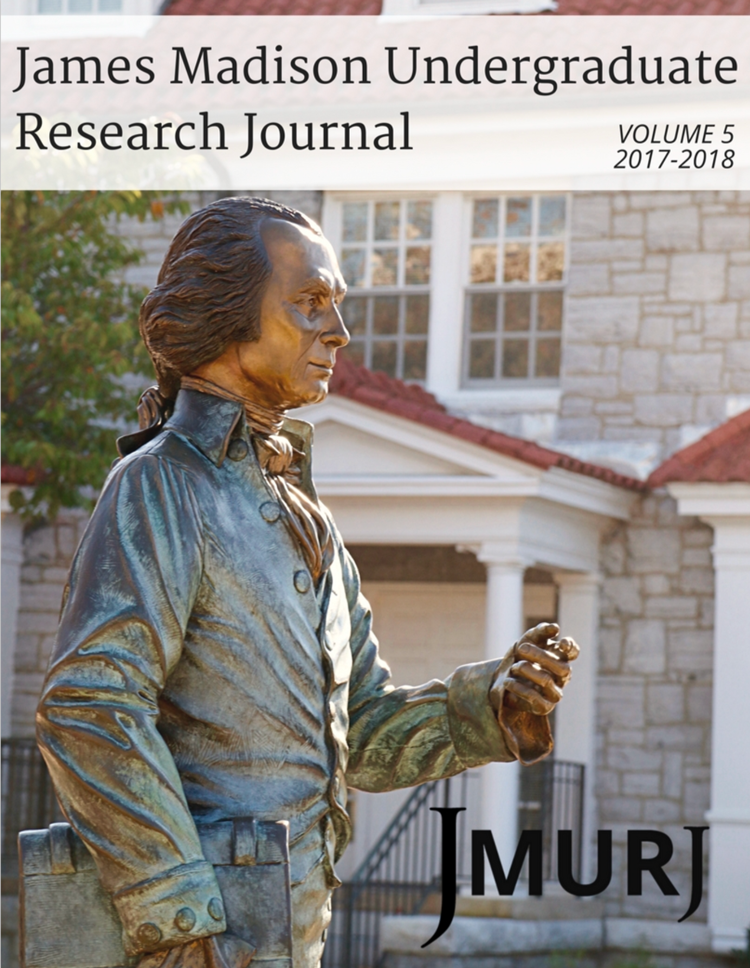The Birds and the Bees: The Impact of Parent-Child Communication on Adolescent Sexual Health
Hannah Adams
Communication Studies
Having “the talk” with children can be difficult and uncomfortable. This paper provides an overview of the literature surrounding the role of parent-adolescent communication in the development of sexually healthy young adults, including benefits for LGBTQIA+ youth.
Alzheimer's Disease and the Impact of Music Therapy: A Systematic Literature Review
Hayley Guess
Nursing
Although a cure for Alzheimer’s disease has yet to be discovered, several non-pharmacological treatments can improve patients’ quality of life and provide temporary relief from the disabling symptoms. This systematic literature review evaluates the existing research on the relationship between Alzheimer’s disease and music therapy, with a narrowed focus on familiar music therapy, the potential mechanisms of action that explain the efficacy of this intervention, and the resulting nursing implications that may be utilized in practice.
Critical Thinking Skills Across the Semester in Lecture- and Team-Based Learning Classes
Zachary Buchin
Psychology
Team-based learning (TBL) classes utilize techniques believed to foster increases in critical and higher-order thinking skills when compared to lecture classes. This study compares increases in critical and higher-order thinking skills in a TBL class and a lecture class covering identical subject matter and taught by the same professor during a single semester.
Hackers and the Dark Net: A Look into Hacking and the Deep Web
Danielle LeFrancois, Christina Reilly, Russell Munn, Andy Strasel, Jess Garcia, and Lindsey Chiles
Media Arts and Design
The dark web is notorious for the illicit activities it facilitates, including human trafficking, narcotics and weapons sales, and illegally obtained information transfers. This article uses Atavist’s digital storytelling medium to explore how hackers “hack” the web, ethical questions surrounding the dark web, and policy solutions to cyber security.
Steve McCurry in India: A Balanced Approach to a Complicated Country
Sam Taylor
Media Arts and Design
Steve McCurry has worked as a National Geographic photographer for over thirty years and has captured some of his most important images in India. This paper analyzes two of McCurry’s most well-known photographs, arguing that his aesthetic purpose and technical skill enable him to engage Western viewers in an “empathetic probing of different lifeways, experiences and interests” that resists exploiting India as an exotic other.
"Expanding That Story": How Nonprofit Leaders Portray the Populations They Serve
Sarah Koth
Communication Studies
This paper examines how nonprofit leaders talk about the populations they serve, specifically financially disadvantaged populations in food pantries and homeless shelters. Questions inquired about their average workweek, their contact with clients and volunteers, and how they break stigmas about their clientele.
Dorothea Lange: Capturing the Reality of the Great Depression and the New Deal Era
Laura VanDemark
History
Dorothea Lange created some of America’s most enduring and influential images as she documented the reality of the Great Depression in the 1930s and early 40s for the Farm Security Administration. This paper examines Lange’s motives and process as she tried to capture her subjects’ most intimate moments without exploiting their lives
Hematological Changes in Response to a Drastic Increase in Training Volume in Recreational Cyclists
Jessie Axsom
Kinesiology
Although hematological changes resulting from long-term endurance training have been well documented, it has not been well established whether an increased volume of endurance training preferentially affects plasma volume or red blood cell volume. To answer this question, author Jessie Axsom studies seven female and four male recreational cyclists before and after exposure to drastic increases in training volume.
Indigenous Language Revival: The Wôpanâak Language Reclamation Project as a Case Study in Indigenous Identity, Representation, and Place-Based Knowledge
Kyle Woodward
Geographic Science
Indigenous societies face issues related to cultural preservation, representation, and declining autonomy in resource and land management. For most indigenous groups, native languages serve as the medium through which culturally unique identities are expressed and allow a highly contextualized environmental knowledge base to be passed down intergenerationally. Native language preservation therefore facilitates the overall survivability of an indigenous group’s culture, traditions, and collective knowledge.
Cover Image Courtesy of
Carrie Chang











